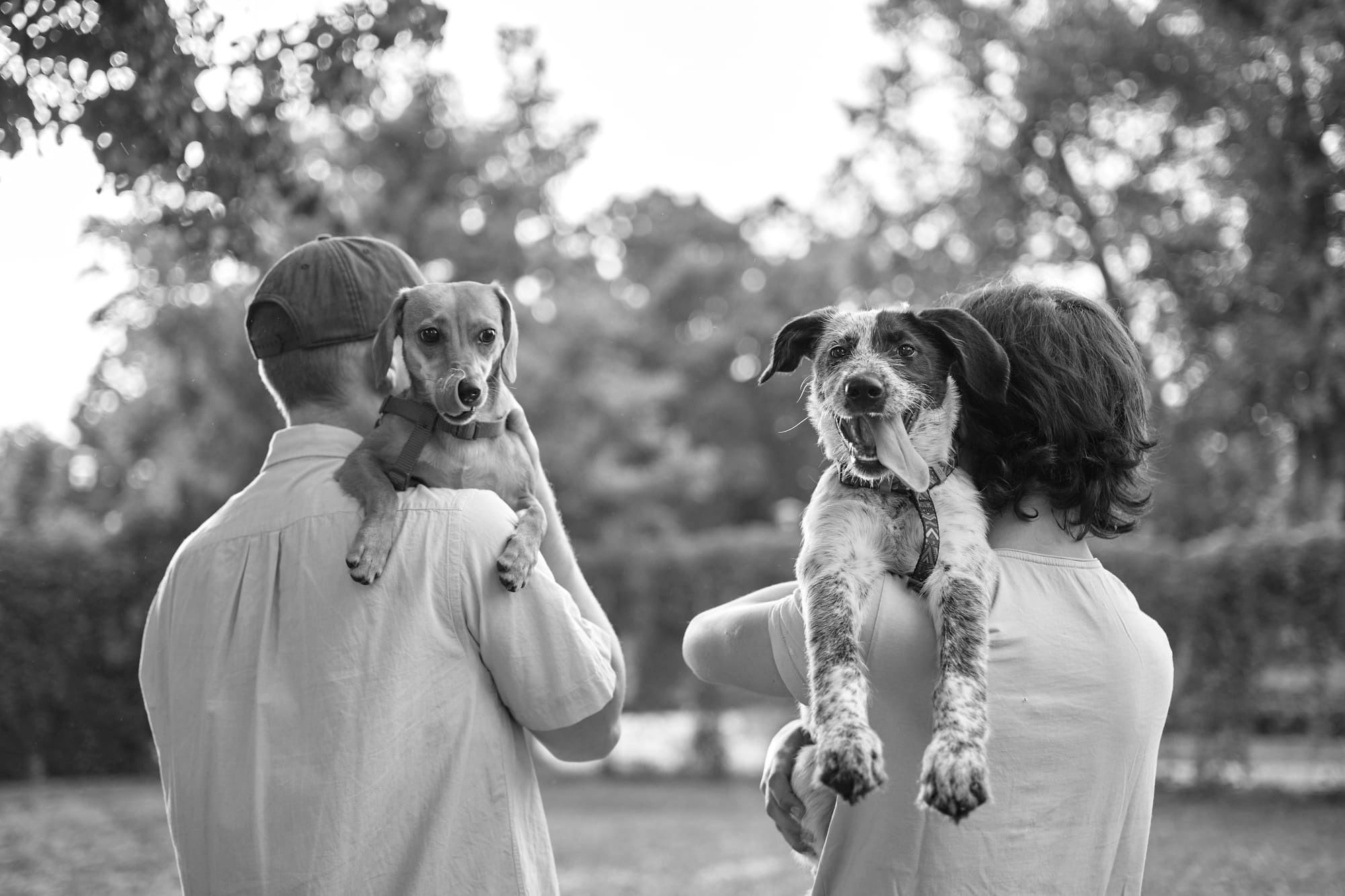Who Gets the Dog? Why Pet Custody Shouldn’t Be a Fight

When couples separate or divorce, the conversation quickly turns to houses, finances, and children. But for a growing number of families, there’s another emotional and often overlooked issue at stake: who keeps the pet?
Whether it’s a dog, a cat, a rabbit, or a much-loved parrot, pets are more than just animals. They’re companions. They’re part of the family. And when families break apart, the emotional bonds tied up in a pet can become one of the most painful – and contested – parts of the process.
Pets in Divorce: The Legal Gap
As things stand in the UK, the law treats pets as property. In legal terms, your beloved cockapoo is no different than your corner sofa or the dining table. If one person can prove they paid for the dog – via a receipt, vet bills or microchip registration – they’re likely to be awarded “ownership.”
This approach ignores not just the emotional connection between pets and people, but also the welfare of the animal itself.
Real stories shared recently on BBC Radio 2 and via The Divorce Social podcast highlight just how devastating this can be. In some cases, the pet becomes a pawn in an ongoing conflict. There have even been tragic reports of animals being put down simply to hurt the other person.
A Call for Change
In response, a working group of lawyers, vets and judges – including High Court representation – is campaigning for a change in UK law, inspired by recent legislative reform in Australia. There, courts now consider a range of factors when deciding pet custody, including:
- The pet’s welfare and living environment
- Who has been the main caregiver
- Emotional bonds with any children involved
- Whether shared care is possible
These proposals aim to ensure that pets are treated as living beings with needs, not just property. A set of clear legal criteria would help guide decisions and reduce lengthy, emotionally charged court battles.
Mediation: The Best Place to Talk About Pets
But while we wait for the law to catch up, there is a way forward. And it’s not in the courtroom.
Mediation offers a constructive, compassionate space to talk through difficult issues – including what happens to the family pet. At The Family Mediation Trust, we regularly support separating couples to come to agreements that reflect the real needs of their family, including their animals.
Mediation allows you to ask:
- What’s best for the pet?
- Who is realistically able to provide day-to-day care?
- Can we agree on a shared arrangement – and if not, how can we support ongoing contact?
- How does the pet’s wellbeing fit alongside arrangements for the children?
We’ve seen people create thoughtful, flexible agreements: from alternating weekends with the dog, to one party taking financial responsibility for the cat’s medical care, to agreeing to keep the pet in the home with the children for stability.
And unlike court, mediation can adapt to the emotional realities of life – allowing each person to feel heard, and making space for healing rather than hardening resentment.
What Might the Law Change Mean for Mediation?
If the UK does move toward recognising pet welfare in divorce law, mediation will become an even more vital tool. Just like with children, courts are likely to expect separating couples to try mediation first – and with good reason. It keeps conflict low, saves money, and puts relationships (and pets) at the centre.
Even now, before any legal reform, mediation is often the only space where the emotional bond with pets is given the attention it deserves.
What You Can Do
If you're going through a separation and there’s a pet involved, don’t wait until things become adversarial. Mediation can help you find a solution that works for everyone – including the one with four legs (or feathers).You can also:
- Document who has been caring for the pet
- Think about what’s best for the animal’s wellbeing, not just ownership
- Be open to creative solutions
- Consider the impact on your children, if the pet is part of their daily life
At The Family Mediation Trust, we’re here to support families through the hardest moments – and help you find a way forward with fairness, care, and clarity.
Contact us today to discuss how we can help: 📞01603 620588